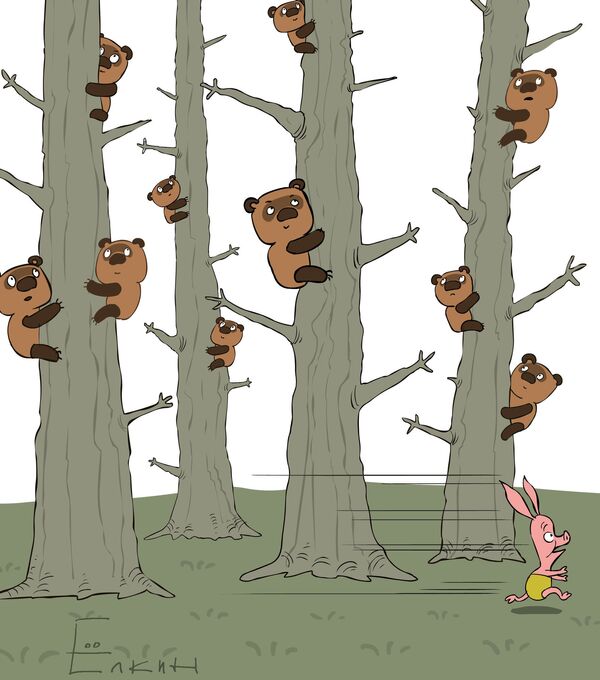https://sputnikglobe.com/20110830/166311439.html
Far East nature reserve enjoys bear baby boom
Far East nature reserve enjoys bear baby boom
Sputnik International
Scientists have reported an increased birth rate among bears in Russia’s Kronotsky nature reserve, located on the far flung Kamchatka Peninsula. Usually bears... 30.08.2011, Sputnik International
2011-08-30T16:08+0000
2011-08-30T16:08+0000
2011-08-30T16:08+0000
https://cdn1.img.sputnikglobe.com/img/16631/13/166311390_0:0:0:0_1920x0_80_0_0_9679153dc26577916afca24c03347d48.jpg
Sputnik International
feedback@sputniknews.com
+74956456601
MIA „Rossiya Segodnya“
2011
Sputnik International
feedback@sputniknews.com
+74956456601
MIA „Rossiya Segodnya“
News
en_EN
Sputnik International
feedback@sputniknews.com
+74956456601
MIA „Rossiya Segodnya“
Sputnik International
feedback@sputniknews.com
+74956456601
MIA „Rossiya Segodnya“
Far East nature reserve enjoys bear baby boom
Scientists have reported an increased birth rate among bears in Russia’s Kronotsky nature reserve, located on the far flung Kamchatka Peninsula. Usually bears give birth to one or two cubs, but female bears with four cubs can now be frequently spotted in the reserve.
Scientists have reported an increased birth rate among bears in Russia’s Kronotsky nature reserve, located on the far flung Kamchatka Peninsula. Usually bears give birth to one or two cubs, but female bears with four cubs can now be frequently spotted in the reserve.


